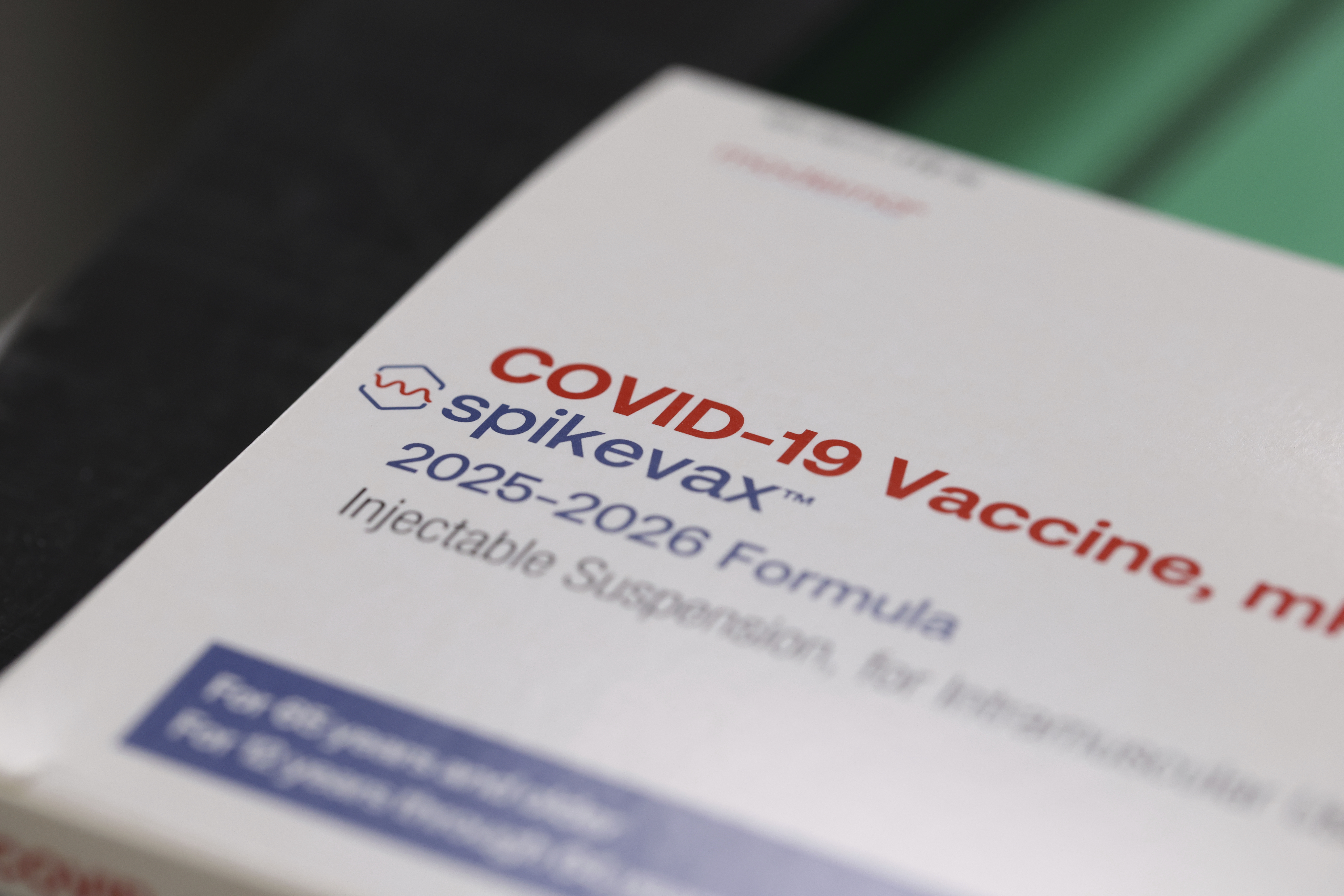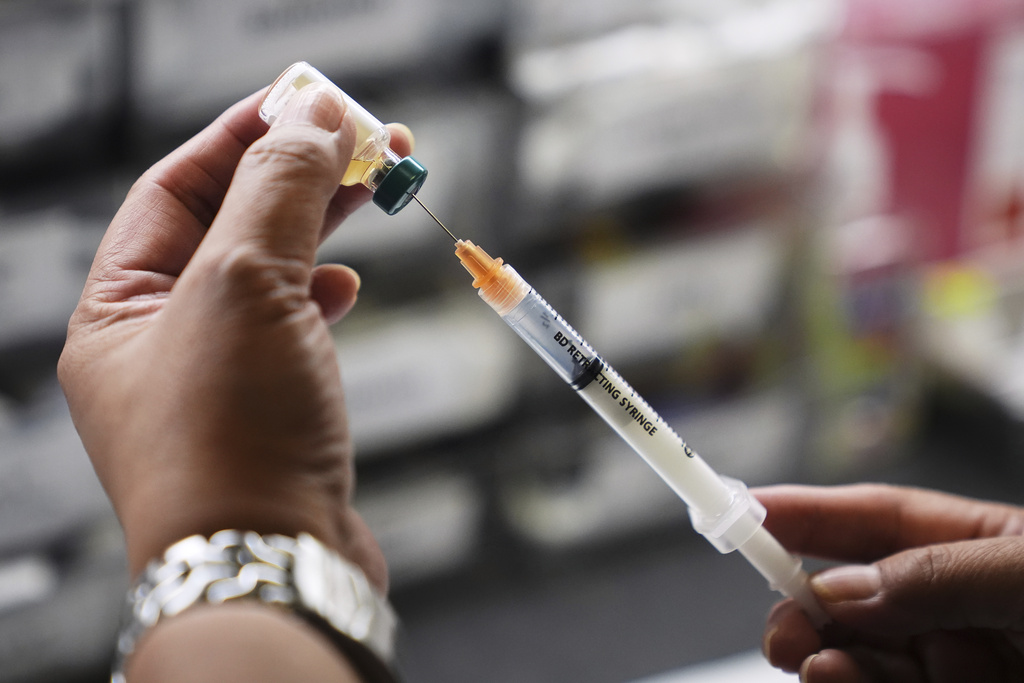There's new research about how COVID-19 infections could affect a person's heart. A new study shows it could cause inflammation that may feel like a heart attack.
"The effects of COVID have been felt by nearly everybody on this planet," said Dr. Imran Ismail, AdventHealth cardiologist. He explains how COVID-19 may have an impact on the heart and cardiovascular system.
AdventHealth released a video on COVID and its effects on the heart since February is National Heart Month.
"We have noticed over the time that COVID infections can lead to things like heart muscle inflammation, which is also known as myocarditis, where the inflammation in the heart muscle feels like a heart attack, severe chest pain that forces patients come to the hospital," said Dr. Ismail.
People are at a greater risk of complications from COVID if they have been diagnosed with heart failure, coronary artery disease, cardiomyopathy, obesity, high blood pressure or diabetes.
"Many times, COVID can affect the heart muscle in a way that makes these diseases worse. So, if you have heart failure in the past, having a COVID infection can make heart failure worse the second time around," Dr. Ismail explains.
AdventHealth doctors say the majority of hospitalizations and deaths from COVID remain in the unvaccinated population.
"So, what is the best way to prevent long term COVID heart? To not get COVID in the first place. The best way to do that is to get your family and yourself vaccinated," Dr. Ismail said.
Doctors also encourage people to eat well, exercise at least 20 minutes every day and get vaccinated to protect your heart.










